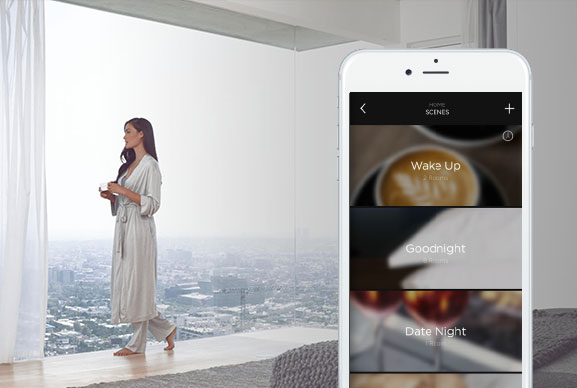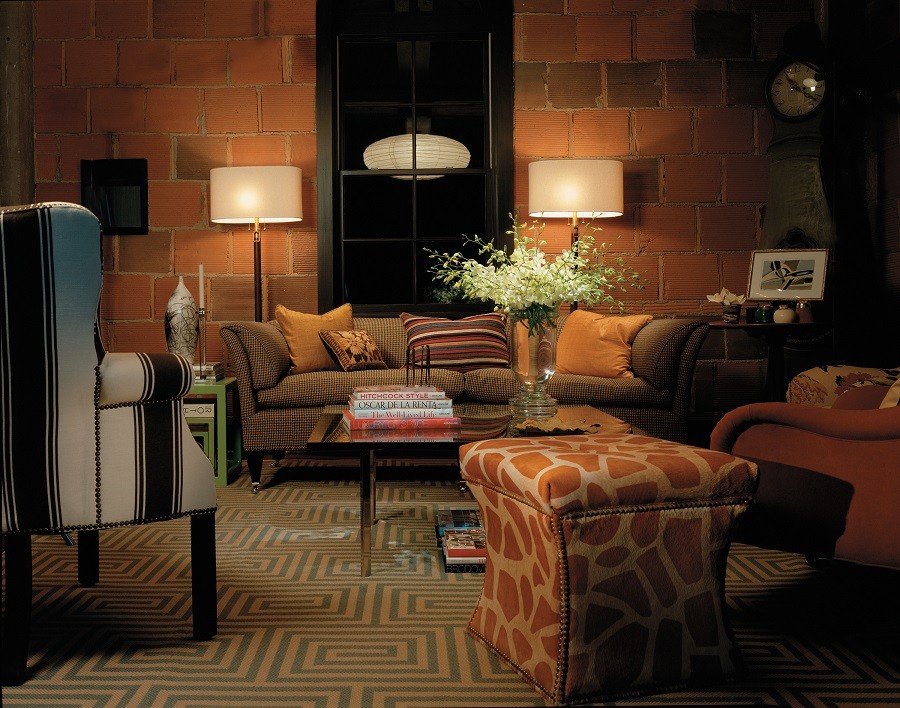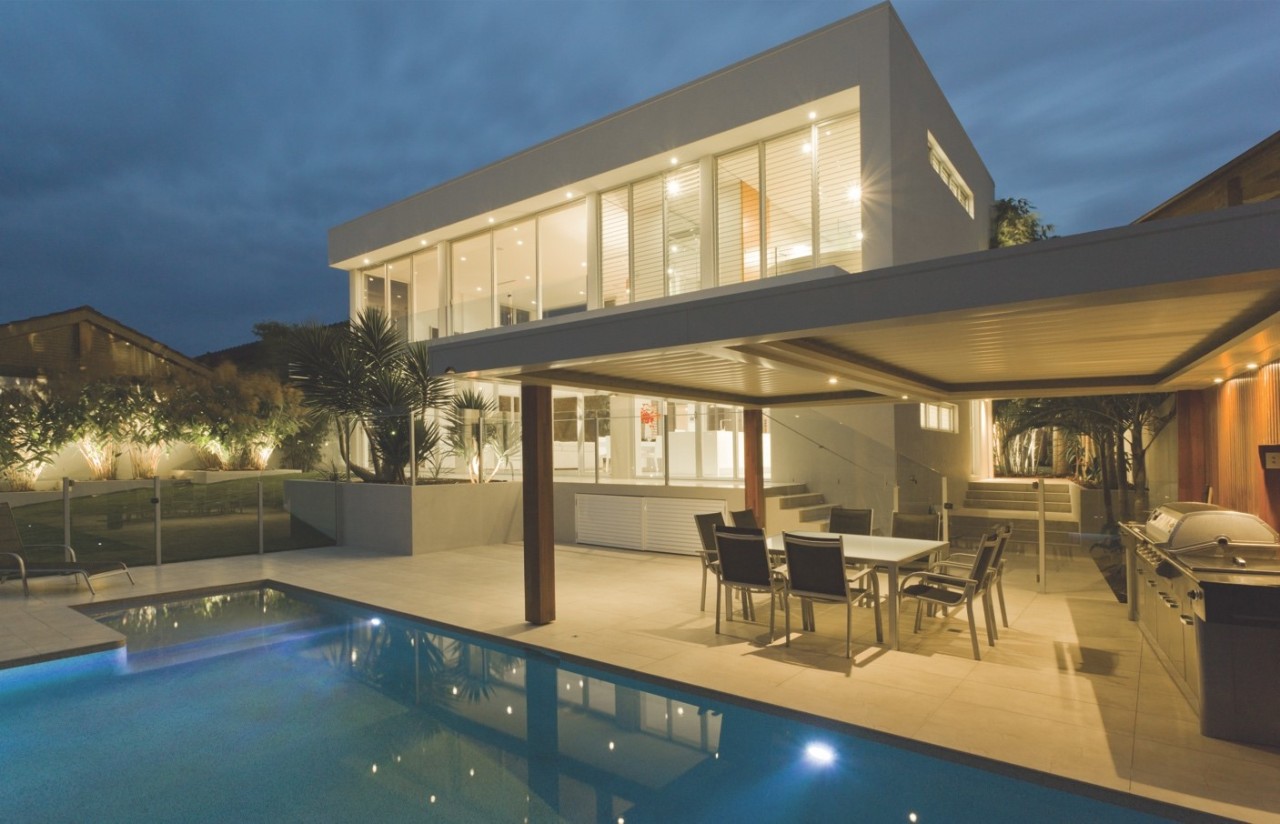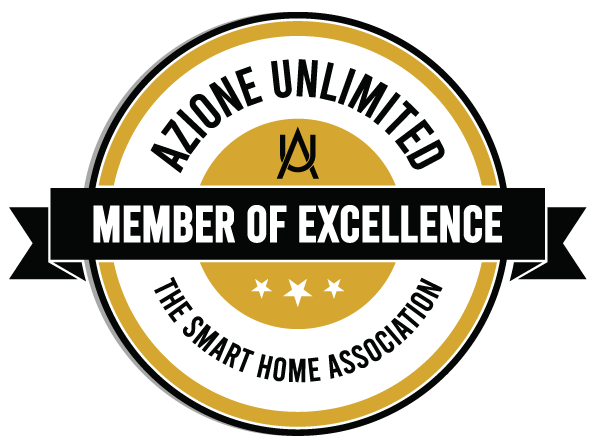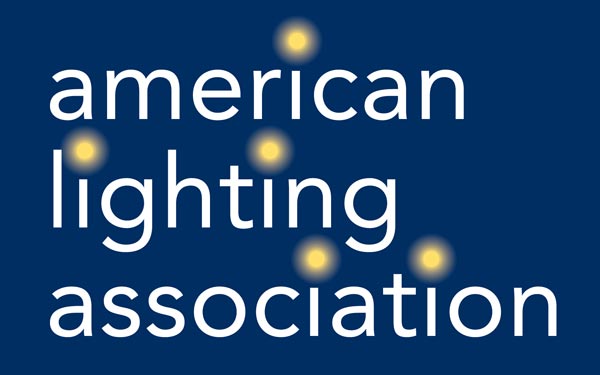WHAT IS OUR CIRCADIAN RHYTHM?
Our circadian rhythm is our body's natural 24-hour sleep-wake cycle. It basically acts as an internal clock, influencing nearly every system in our body including the production of hormones that make us feel sleepy,hungry, energetic, and more. If we don't listen to our body's natural signals, it's easy for this rhythm to get thrown out of whack, resulting in a poor mood, low energy, slower metabolism, lost productivity, and other negative health effects. To maintain optimal performance in all of our body's systems, it's important to pay attention to our circadian rhythm and do our best to maintain a regular sleep cycle.
HOW DOES LIGHT AFFECT CIRCADIAN RHYTHMS?
While the circadian rhythm is mostly an internal process, some external factors influence it as well. It can be affected by our behavior, like if we stay up later than we should. It can be affected by certain medications we are prescribed or other substances like caffeine. And it can be influenced by our environment as well. Light, both indoors and outdoors, is one of the biggest environmental factors that affect our circadian rhythm because it tells our body to stop producing melatonin, which is the hormone that makes us feel tired.
When there's plenty of light in our environment, it's an environmental cue for our body to wake up. When the sun starts to set and there's less light in the environment, it tells our body to start producing melatonin, so we can prepare to sleep. Daylight Savings can cause a serious interruption in our body's internal clock. Some studies show that in the weeks following the start of Daylight Savings, people lose out on up to40 minutes of precious sleep as their bodies adjust.
While 40 minutes doesn't seem like a lot, this lost sleep seems to result in mood changes, an increase in traffic accidents, and more workplace injuries. But luckily, keeping lighting consistent throughout our home can help our bodies adjust to Daylight Savings more easily. With the use of smart technologies in our homes, we can create the right environment with light that is beneficial to our bodies. We can't control the light outside, but we can use technology to overcome environmental factors that affect our sleep.
